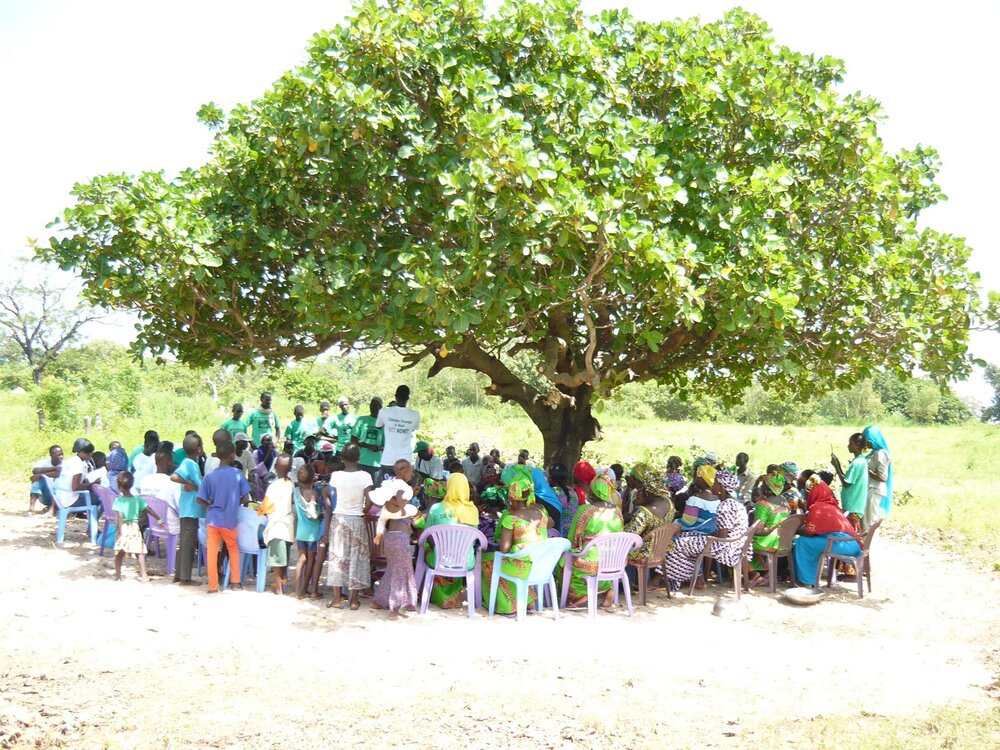Gambiaj.com – (BANUJL) – Green Up Gambia, a leading environmental organization, has unveiled an ambitious plan to restore lost natural forest cover and create over one million jobs for young people across the Sahel region. The initiative, known as the Great Green Wall, aims to plant over 250 million trees, revitalizing landscapes and combating climate change.
During the opening ceremony, the British High Commissioner to The Gambia, Ms. Harriet King, emphasized the United Kingdom’s support for climate-related journalism and the establishment of a seed bank at Bakau Botanical Garden. She reaffirmed the UK government’s commitment to initiatives addressing climate change and environmental sustainability.
Speaking on behalf of the Minister of Environment, Climate Change, and Natural Resources, Bobo Pateh Jallow highlighted the devastating impact of climate change on the Sahel, including droughts, food insecurity, and mass migration. He praised the Great Green Wall as a critical step in addressing these challenges and restoring hope to affected communities.
The launch also introduced the Great Green Wall Frontline, a campaign empowering local communities to lead the initiative. Maimuna Jabbie, Director of the Green Wall initiative, outlined past achievements, including the establishment of demonstration sites and seed banks across the region. She emphasized the initiative’s focus on supporting entrepreneurs and empowering schools to engage in environmental conservation.
The Governor of the North Bank region, Lamin Saidykhan, expressed optimism about the initiative, describing it as a beacon of hope for communities grappling with environmental degradation. The Great Green Wall initiative, spanning 8,000km from Senegambia to Djibouti, aims to create 10 million green jobs, restore 100 million hectares of degraded lands, and ensure food security for millions of people.
The launch of the Great Green Wall initiative in The Gambia marks a significant step towards combating climate change and restoring ecosystems in the Sahel region. With strong support from the UK government and local communities, the initiative is poised to make a lasting impact on the environment and livelihoods across the region.










